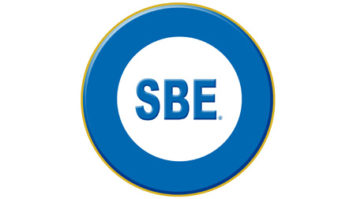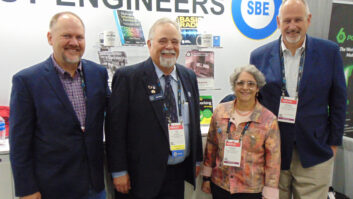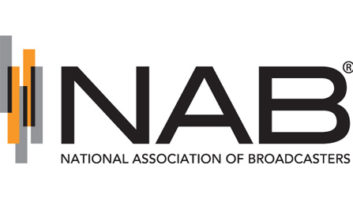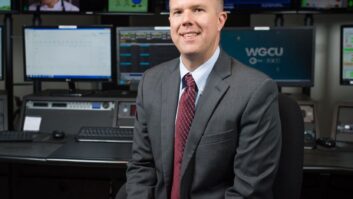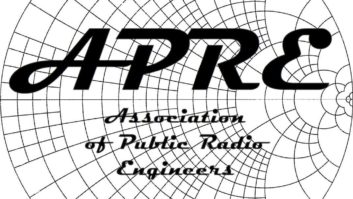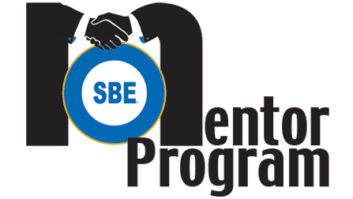The U.S. radio broadcast industry has long embraced the sagacity of engineering elders and treasured their technical advice and memories. But it also often laments a lack of younger blood. According to common wisdom, radio engineering heads are mostly gray; and when those retire, who will keep the industry humming?

Jason McKenna, CBS Radio. “The goal for all of us on the technical side of broadcasting is to create the best possible user experience, regardless of the platform in which you choose to consume the product by.” Radio World has begun a series of articles about engineers under 40 who are helping to answer that question.
Name: Jason McKenna, 38
Company/title: CBS Radio Boston, Director of IT and Engineering (FM Stations)
City: Boston, Mass.
How did you get into this field?
Jason McKenna: I have always had an interest in technology and behind the scenes broadcast operations. I graduated from the L.C. Smith College of Engineering and Computer Science and received a minor from the Newhouse School of Communications at Syracuse University. Working in engineering, IT and the broadcast industry seemed like a great fit for me, especially with an interest in Boston sports. I now work as the director of IT and engineering for four FM stations, including 98.5 The Sports Hub, which is the flagship station for the Boston Bruins, Boston Celtics and New England Patriots.
What is the most important industry trend for broadcast engineering and how might it affect the profession?
McKenna: The biggest trend that affects broadcast engineers and IT personnel is the change in how the product is delivered. A product that was once a single FM station over the air may now be an FM, HD2 and HD3 station, each with a stream, podcasts for each show and various peripheral streams for professional sports. The goal for all of us on the technical side of broadcasting is to create the best possible user experience, regardless of the platform in which you choose to consume the product by.
What advice would you give to younger engineers?
McKenna: Sharpen your IT skills and think outside of the box. There is some great new technology available in the broadcast industry, but it is fun to look at all of it and think of how you can make it even better. I enjoy looking at a challenge and trying to come up with a creative, cost-effective solution using technology that is available today or working with industry technology leaders to design or change an existing product to fit our needs.
What’s the most important thing that you’ve learned from an industry mentor?
McKenna: I am fortunate to have had the opportunity to work with quite a few mentors over the years, many which have been in the industry for decades. It’s hard to say what is the most important thing that I have learned. Working with a great team, where each member is a valuable contributor is very important. The job can be a lot work but also a lot of fun … I laugh sometimes because I may start the day working on an audio server, then meet about a facility build-out, and end the day working at a Boston Celtics game — all in a day’s work.
We’re looking for candidates for future stories; email [email protected].







